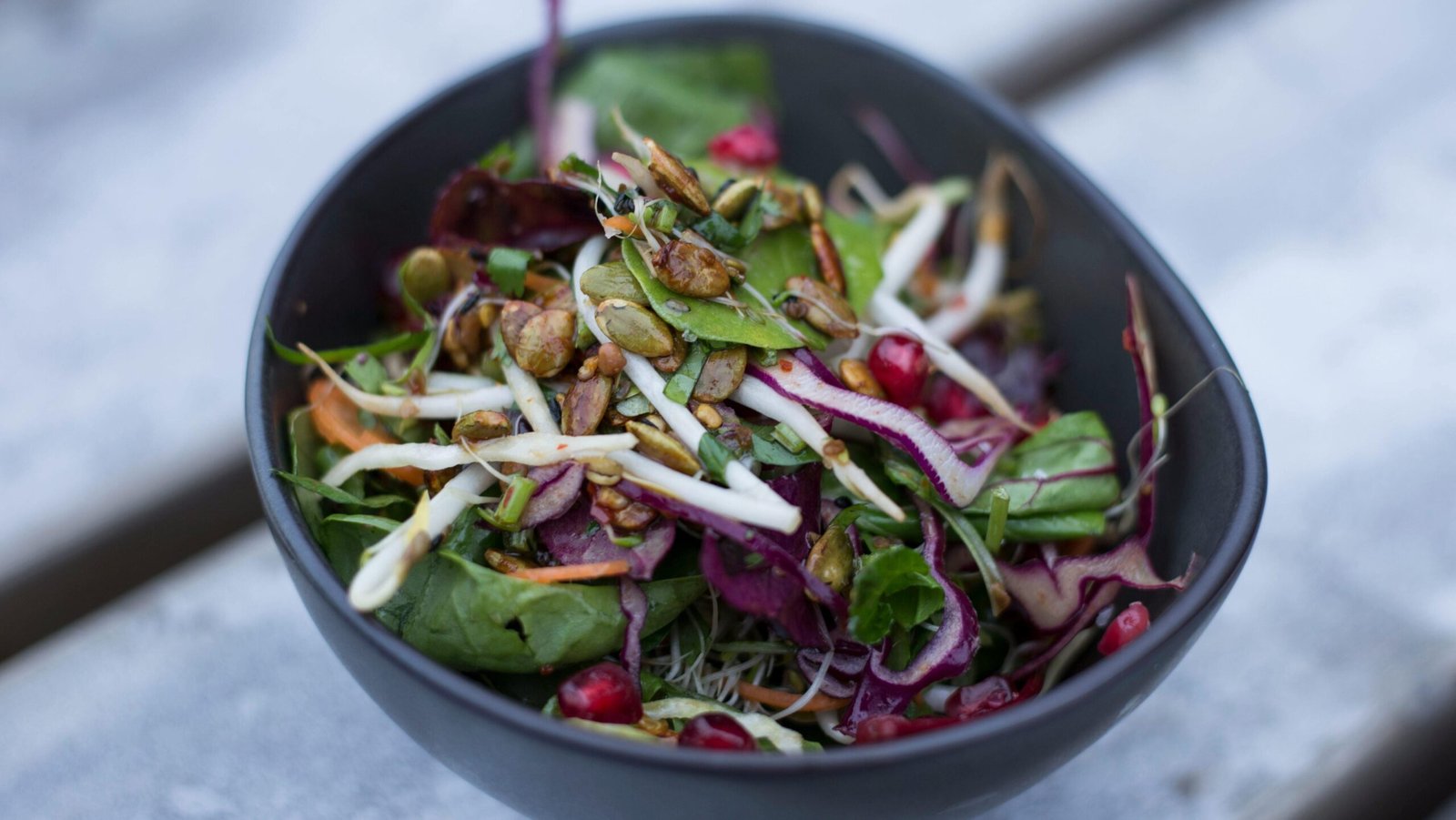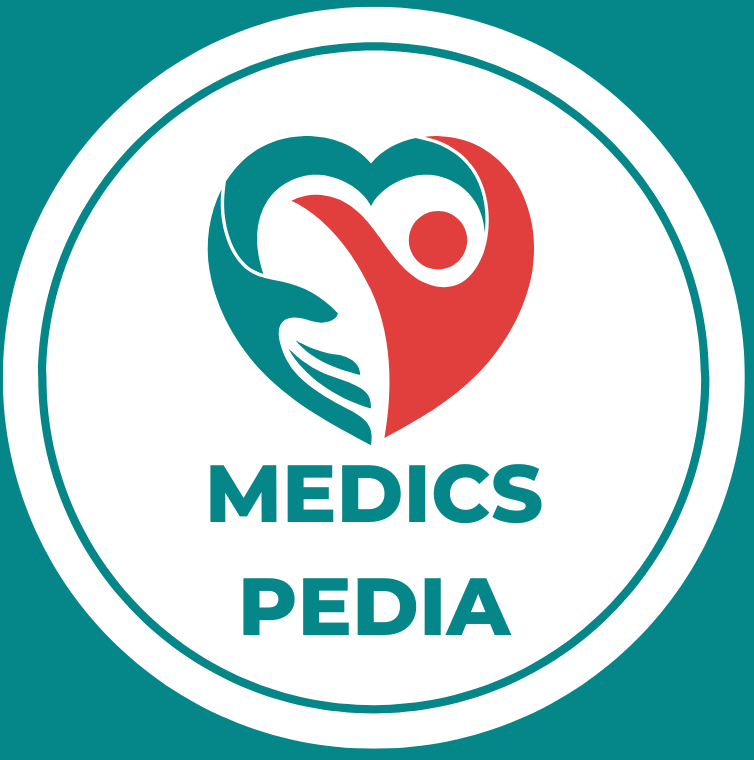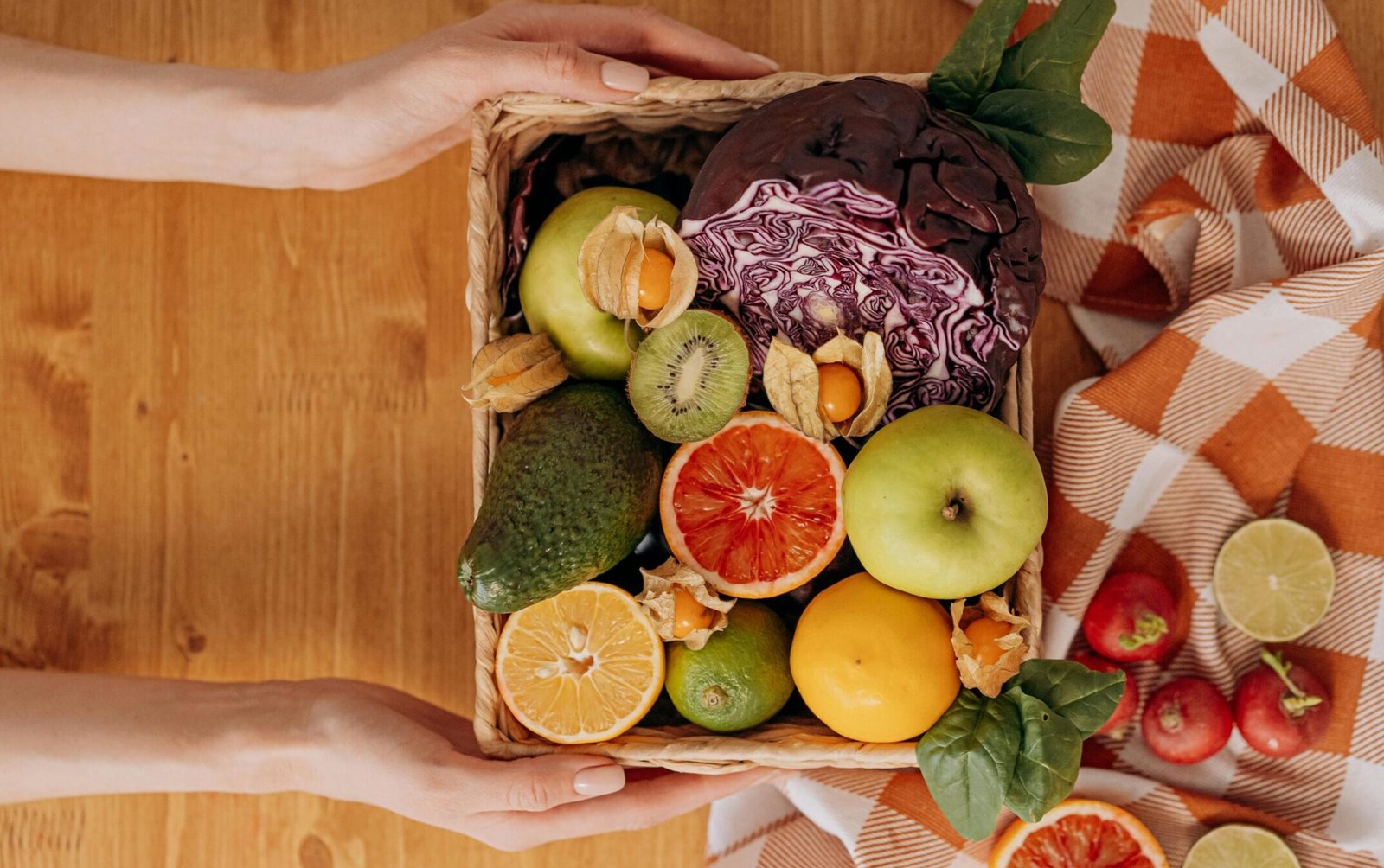It is essential to maintain a balanced pregnancy diet to promote both the mother’s and the baby’s growth and development. A healthy birth weight and the avoidance of problems like gestational diabetes and preeclampsia are two benefits of a proper diet. A healthy pregnancy requires knowledge of nutritional requirements, foods to include, and foods to avoid.

Nutritional Needs During Pregnancy
1. Calories: It is not necessary to consume extra calories during the first trimester. It is advised to consume an extra 340 calories per day during the second trimester and 450 calories per day during the third trimester.
2. Protein: The development of fetal tissue, particularly the brain, depends on protein. Lean meat, chicken, fish, eggs, beans, peas, and nuts are good sources of protein.
3. Calcium: For the growth of teeth and bones, calcium is essential. Good sources include dairy products, fortified plant-based milk, green leafy vegetables, and meals fortified with calcium.
4. Iron: Hemoglobin, the protein that delivers oxygen in the blood, is made possible by iron. Lean red meat, chicken, fish, dried beans and peas, iron-fortified cereals, and prune juice are examples of foods high in iron.
5. Folic Acid: Neural tube malformations are prevented in part by folic acid. Citrus fruits, legumes, fortified cereals, and leafy green vegetables are foods high in folic acid.
6. Vitamin D: The growth of teeth and bones depends on vitamin D. Sunlight exposure, fatty salmon, and fortified milk are good sources that must be added to the pregnancy diet.
7. DHA: One omega-3 fatty acid that is crucial for brain development is docosahexaenoic acid (DHA). Foods enriched with DHA and fatty fish are good sources.
Items to Eat When Planning a Healthful Pregnancy Diet
1. Fruits and Vegetables: These are good sources of fiber, vitamins, and minerals. To guarantee a diversity of nutrients, aim for a variety of colors.
2. Whole Grains: Minerals, fiber, and B vitamins are found in whole grains, including oats, brown rice, and whole wheat bread.
3. Lean Protein: Essential amino acids can be found in foods including beans, peas, fish, chicken, eggs, and nuts.
4. Dairy Products: Packed full of calcium, protein, and vitamin D, dairy products support the development of a baby’s and mother’s strong bones and teeth.
5. Healthy Fats: Nuts, seeds, avocados, and olive oil are foods that help the baby’s brain development and supply important fatty acids.
6. Water: Keeping hydrated is crucial for general health and helps fend off constipation, which is a common pregnant side effect.
Foods to Avoid During Pregnancy
1. Certain Fish: Steer clear of high-mercury fish since they can damage an infant’s growing neurological system, including swordfish, king mackerel, shark, and tilefish.
2. Raw or undercooked: meat, eggs, and fish should be avoided as they may carry dangerous bacteria.
3. Unpasteurized dairy products and deli meats: may contain listeria, a bacteria that can damage the fetus or induce miscarriage.
4. Raw sprouts: These should be avoided as they may contain dangerous bacteria.
5. Too Much Caffeine: Consuming more than 200 mg of caffeine daily can raise your chance of miscarriage.
6. Alcohol: Steer clear of alcohol entirely since it can lead to developmental problems and birth deformities.
Tips for Healthy Eating During Pregnancy
1. Consume small, regular meals: This can assist in maintaining consistent energy levels and prevent heartburn.
2. Maintain Hydration: Throughout the day, sip on lots of water.
3. Pay Attention to Your Body: While cravings are common, make an effort to counter them with wholesome options.
4. Take prenatal vitamins to help make up for any dietary deficiencies.
5. Remain Active: Frequent exercise lowers the risk of gestational diabetes and helps maintain a healthy weight.
6. Speak with Your Healthcare Provider: They can offer tailored guidance based on your particular need.
Conclusion:
Maintaining a nutritious pregnancy diet is crucial for the mother’s and the unborn child’s health and well-being. Expectant mothers can promote a healthy pregnancy and provide the best start in life for their unborn child by being aware of their nutritional needs, eating the correct meals, and abstaining from dangerous substances.
FAQs
Why is it necessary to eat a healthy diet when pregnant?
A balanced pregnancy diet is essential to promote the baby’s growth and development while also maintaining the mother’s health and well-being.
What foods are necessary for pregnancy?
Folic acid, iron, calcium, protein, omega-3 fatty acids, and vitamins D and B are all important nutrients that should be added to the pregnancy diet.
During pregnancy, which foods should I avoid?
Steer clear of unpasteurized dairy products, deli meats, raw or undercooked seafood, and high-mercury fish like shark, swordfish, king mackerel, and tilefish. In addition, abstain from alcohol and caffeine in pregnancy diet.
How can my pregnancy diet help me control my morning sickness and nausea?
Keep bland snacks like crackers on hand, avoid fatty or spicy foods, and eat small, frequent meals throughout the day. Peppermint and ginger teas are also beneficial.
What function does folic acid serve throughout the pregnancy diet?
In a developing fetus, folic acid helps prevent neural tube problems. It’s critical to get enough through food and supplements, particularly during the first trimester.
Is it okay to follow a diet or reduce weight while expecting?
No, dieting or trying to reduce weight while pregnant is not safe. Limiting calories or nutrition might cause problems for the infant by depriving it of vital nutrients. It’s critical to concentrate on eating a nutritious, well-balanced diet and gaining weight within the advised range.

